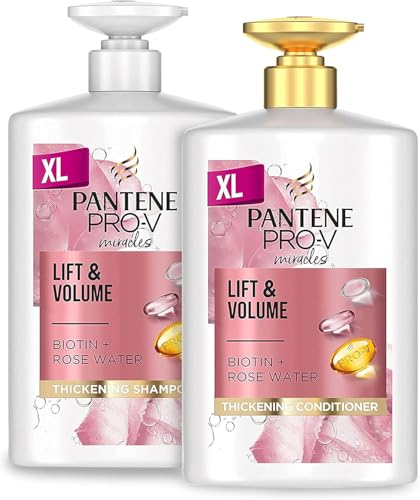Understanding the Differences between Dry Shampoo and Regular Shampoo
Dry shampoo has gained popularity in recent years as a convenient and time-saving alternative to regular shampoo. While both products serve the same purpose of cleaning the hair and scalp, they have distinct differences in their formulations and application methods. To determine if dry shampoo is as effective as regular shampoo, it is essential to understand these differences and consider individual hair types and needs.
How Dry Shampoo Works
Dry shampoo is a powder or aerosol spray that is designed to absorb excess oil and sebum from the scalp and hair. It contains ingredients like starch, talc, or clay that absorb the oils, making the hair appear less greasy. When applied, the powder or spray should be massaged into the scalp and then brushed out, effectively removing the oil buildup.
The Benefits of Dry Shampoo
Dry shampoo offers several benefits that make it an attractive option for those with busy lifestyles or specific hair needs:
- Time-saving: Dry shampoo does not require water or rinsing, making it a quick and convenient solution for refreshing the hair between washes.
- Volumizing effect: The absorption of oil by dry shampoo can give the hair a fuller appearance, adding volume and texture.
- Color-preserving: Frequent washing with regular shampoo can cause color-treated hair to fade. Dry shampoo allows for less frequent washing, helping to preserve color longevity.
- Travel-friendly: Dry shampoo’s portability makes it an excellent option for maintaining clean hair while on the go or during travel.
Limitations of Dry Shampoo
While dry shampoo offers practical advantages, it may not be as effective as regular shampoo in certain scenarios:
- Deep cleansing: Dry shampoo primarily focuses on absorbing oil and refreshing the hair’s appearance. It does not provide the same deep cleaning and scalp detoxification as regular shampoo.
- Buildup accumulation: Over time, dry shampoo residues can accumulate on the scalp, leading to potential clogged hair follicles and scalp issues. Regular shampoo’s thorough cleansing properties prevent such buildup.
- Specific hair concerns: Dry shampoo may not address specific hair concerns such as dandruff, oily scalp, or product buildup as effectively as regular shampoo, which is formulated for these purposes.
Choosing the Right Shampoo for Your Hair
The choice between dry shampoo and regular shampoo depends on individual hair needs and preferences. For those with oily hair or a busy lifestyle, dry shampoo can be a convenient solution for extending time between washes. However, regular shampoo remains essential for maintaining optimal hair and scalp health. It is recommended to use regular shampoo at least once a week to thoroughly cleanse the scalp and remove impurities. Consulting with a hair professional or dermatologist can help in determining the best shampoo routine for each individual’s needs.






